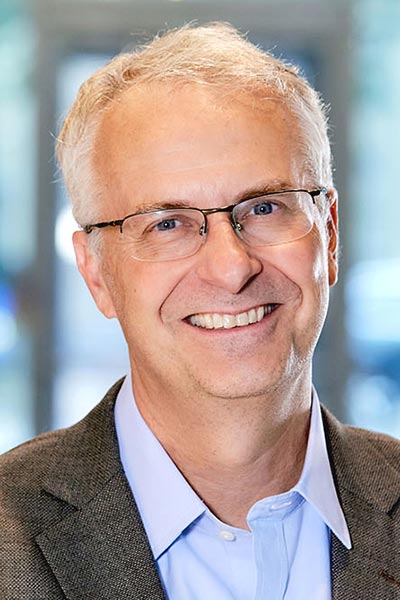Genomics, immunology, and synthetic biochemistry among topics offered in Educational Program
The AACR Annual Meeting 2025 will begin Friday, April 25, with a plethora of Educational Sessions and Methods Workshops offering attendees opportunities to learn about various topics and expand their toolkits against cancer. These sessions run through Saturday and are available exclusively to those who add the Educational Program Pass to their registrations ($50 for AACR members and $95 for nonmembers).
By delving deep into diverse topics in cancer, the opening days of the conference offer chances for attendees to learn valuable perspectives spanning various fields of cancer research that they might apply to their own work. Bridging the gap between hematological malignancies and solid cancers is one point of emphasis, and three talks will share lessons learned from blood cancers that also apply to solid cancers, and vice versa.
From the complexities of cancer genomics, to harnessing immunotherapy and taming the tumor-immune microenvironment, to how artificial intelligence and synthetic biochemistry are providing new targets and avenues of discovery, there will be something for everyone.

“We tried to build an Educational Program that broadly covers the interests of attendees, who we hope will take advantage and get out of their comfort zone a little bit and learn about another field that they’re curious about or that might be related to their research, and look for ways to bring in new concepts and ideas,” said Matthew G. Vander Heiden, MD, PhD, one of the AACR Annual Meeting 2025 Program Committee chairs and the Education Committee chair, as well as the director of the Koch Institute for Integrative Cancer Research at the Massachusetts Institute of Technology and an instructor of medicine at Dana-Farber Cancer Institute.
A suite of sessions will examine complicated factors that are difficult to study in the lab, including how community and other social determinants of health influence cancer. Others will turn their attention to how to improve the care of pediatric and other rare cancers, especially through the design of platform clinical trials.
Methods Workshops will seek to spread fluency in a range of biostatistical analytical approaches, including ways to integrate multidimensional computational pathology, artificial intelligence, and spatial multiomics. Overcoming challenges associated with aggregating massive amounts of genomic data from the clinic will also be addressed during a workshop featuring AACR Project GENIE®.
As these cutting-edge approaches provide clearer and more comprehensive pictures of what is happening within individual cancers, the discovery of novel biomarkers could aid decision-making at all stages of disease, including early detection of cancer and precancer.
“Early detection is a theme we tried to highlight across many sessions at the meeting, and the first step of successful early detection and screening is about identifying who is at risk,” said Vander Heiden. “We need a better understanding of several fundamental questions: Who gets cancer and why? And why is cancer incidence rising in certain populations, but not in others?
“By highlighting these issues in Educational Sessions,” Vander Heiden professed, “our hope is that we can elevate efforts to understand the factors that put certain people at risk for specific cancers, so we can intervene as soon as necessary.”
For the most up-to-date information on session dates, times, and locations, check the Annual Meeting App and Online Itinerary Planner. Registered attendees with the Educational Program Pass will also have access to on-demand recordings of all sessions through October 2025.
Register Today for the AACR Annual Meeting 2025
Don’t miss the most important cancer meeting of the year, April 25-30 in Chicago, Illinois. In-person and virtual registration packages include full access to live sessions, Q&A, networking, CME/MOC credits, and more.

